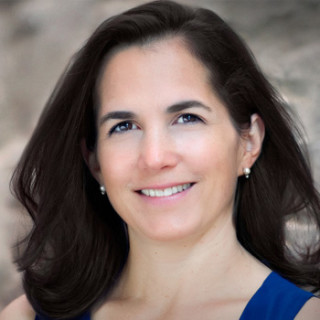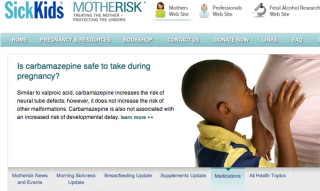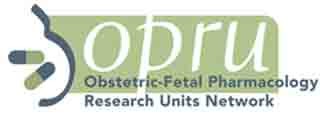“The data gap around pregnant women and medication is a huge problem,” says Dr. Christina Chambers, Professor of Pediatrics at the University of California, San Diego. “Lack of sufficient data leads to treatment decisions with no evidence base, and in some cases to avoidance of needed medication or to under-treatment. This can lead to complications because there is fear on…
Read more > Long-term monitoring studies could be answer to pregnancy & medication data gaps






